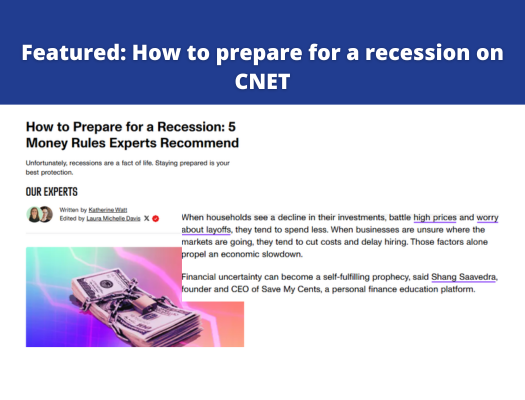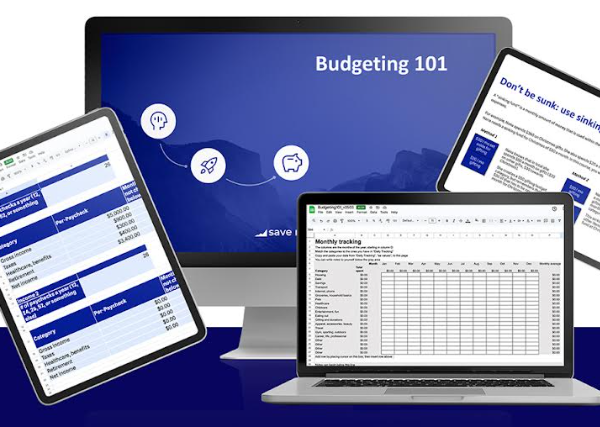I had the honor and pleasure of appearing on FOX-2 in Detroit, as well as Living in the Heart of Virginia. Thank you to Ryan Ermanni at FOX-2 and Monika McKenzie at LHOV for having me on your shows! You can see the two clips embedded at the end of the blog post. A highlight of a few things that I discussed are as follows:
Practice “I Get To”- mental health is important – for every time you find yourself saying “I have to”, say “I get to” instead. It helps orient your mindset from scarcity and fear and anxiety to gratitude. I often say things like “I get to be healthy and alive”, “I get to wake up and hold my child”. “I get to help support my husband who is working”. “I get to be with my family”. “I get to have a full belly”
It is okay to feel a lot of different emotions – Process your emotions, but do not act on your emotions. Wait, gather information, make sure to allow yourself to feel your emotions first, but try to approach important financial decisions with as clear a head as you can. No one can make perfect decisions, so be comfortable with the unknown.
The markets are volatile and that is to be expected – the more uncertainty there is around how businesses would fare during COVID-19 shutdown, the more difficult it is for anything who is trading stocks to understand future cash flow from companies. The actions of the Federal Reserve as well as the CARES act also have an impact. Not knowing or being able to predict whether companies may be profitable, then impacts the valuation of that company and its stock share price. Then in aggregate, as the S&P500 and Dow Jones Industrial Average are indices (they’re averages of the stock prices of a group of companies), you see that volatility day to day. It will take some time before a new “normal” settles in the marketplace. I can’t predict when that would happen, but that does explain what is happening today.
Make sure you have an adequate emergency fund – I cannot emphasize this enough. In times of uncertainty, you need to cover your basic costs, ideally with a 3 to 6 month emergency fund (the amount depends on your individual circumstances and job stability). Take a look at this blog post to learn more about emergency funds. If you don’t have enough in your emergency fund, redirect extra debt payments, extra retirement investments, to build up this emergency fund.
Be aware of where your money is going and focus on essentials – Many of us are already eating food at home and skipping out on many things. If you are in a position where you may be losing income or have rough times ahead – focus on reducing expenses. Be mindful of when your bills are due, where your money is going. Get to just the bare bones essential, and also call up different companies such as utilities, telephone companies, existing loans, credit card companies, ask to see if you can get some relief and negotiate such as deferment, lowering of interest rates. Get things in writing. Before you go apply for loans – try to reduce expenses and negotiate and cut first. Taking out more loans sounds like a good idea, but can hurt in the long run, so loans should be of last resort.
Fox-2 Detroit (this is the high quality version, the aired version can be found here)
Living in the Heart of Virginia:
For media inquiries, please contact me at info [at] savemycents [dot] com










